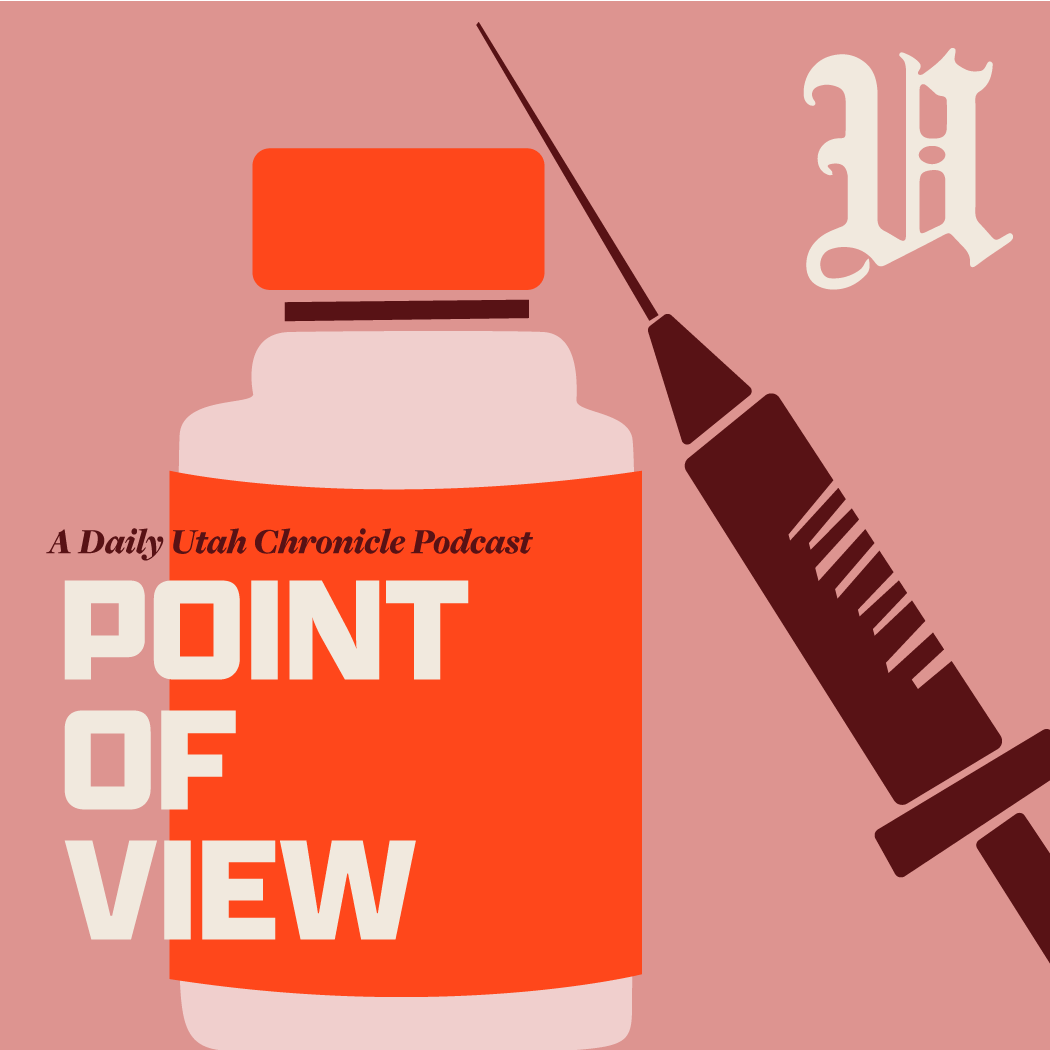Americans are getting fatter and their economy feebler, all while their landfills are filling and the globe is warming. What can be done during such crises? Lucky for us, government officials have just the answer. What, you might ask, is their one-size-fits-all solution to these social ills? Why, taxes, of course!
The idea is simple. If a product is deemed harmful to an individual or the environment, that product is taxed more heavily to discourage its use. There’s no need for Mom to slap our wrists anymore8212;we now get a federal spanking that comes in the form of taxes. But at least it will promote good behavior and a better environment, right?
Mayor Michael Bloomberg of New York, for instance, in an effort to promote the use of cloth bags at grocery stores, is advocating a 5-cent tax for every plastic bag used. Ireland did this years ago, with a much heavier tax8212;33 cents per bag, practically forcing consumers toward other options. Although the program successfully cut the use of polyethylene bags at grocery stores by 90 percent, companies in Ireland saw increases by as much as 400 percent in their plastic bag production. Because people no longer had grocery store bags to recycle for home use, they were using heavier garbage bin liners. Besides this effect, this over-imposing tax contributed to a huge increase in the use of paper bags. Never mind that the plastic bag was originally implemented as an environmental effort to discourage the use of paper.
Another tax being suggested is a tax on miles driven, meant to encourage other forms of transportation. Officials are also worried that as cars become more fuel-efficient, less revenue will be raised from the tax on gasoline. Oregon has already tested the idea, implementing a 1.2-cent tax for every mile driven. For the average car, it amounts to about the same as the tax on gasoline, but in the end, the tax would punish SUVs less and provide little incentive to buy fuel-efficient cars. If you’ll be paying per mile, what’s the point in going hybrid? Once again, monitoring behavior through taxes in an attempt to help the environment ends up doing the opposite.
Perhaps the most over-imposing taxes are the newly proposed “sin taxes.” In an effort to curb the obesity rate, West Virginia lawmakers passed a series of bills in 2006 that raised the sales tax on soft drinks and vending machine items.
Michael Jacobsen, head of the Center for Science in the Public Interest, said, “We could envision taxes on butter, potato chips, whole milk, cheeses (and) meat.”
His statements put him under fire from a number of officials who said the government would clearly be overstepping its bounds. I’d say the government would be taking an Olympic-sized long jump over those bounds. There’s no such thing as a universally healthful diet, and if there were, the last entity I’d want defining it is my government.
“Sin taxes,” such as the cigarette or alcohol tax, already exist, and although I don’t entirely disagree with them, I think we need to ask ourselves: Is the purpose of the tax to raise revenue or limit cigarette smoking? If the answer is the latter, then the revenue earned should go entirely to the campaign against smoking. If not, we run the risk of becoming so dependent on the revenue that we slow our efforts in that campaign.
All of these taxes impose bigger burdens on the poor. Unlike income tax, sales tax takes a much larger percentage out of the wages of the poor than the rich. A $3 increase on a pack of cigarettes might not make a difference to someone who makes more than $100,000 per year, but to someone who makes below the poverty line, that increase is pretty drastic.
In the end, taxes can’t and shouldn’t be used to influence behavior. A revenue system must be neutral and indiscriminate. Besides encroaching upon our rights to privacy, and besides the extra burden imposed on the poor, these taxes in many ways create more problems than they solve. Behavior should be monitored through incentive, not punishment. In many cases, the punishment is already included in the use of the product, be it lung cancer or high gas prices. Instead of punishing those who use plastic bags, give discounts to those who use cloth. Instead of making junk food more expensive, help make healthy food more affordable. We shouldn’t rely on taxes to help people make better decisions.











